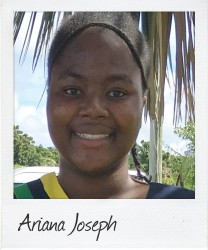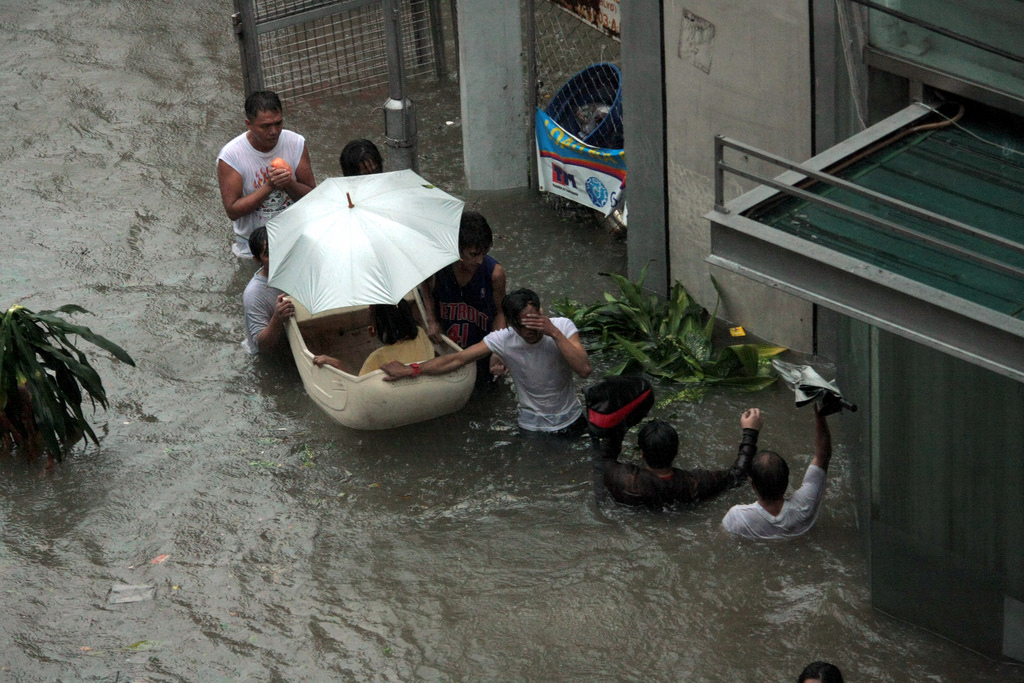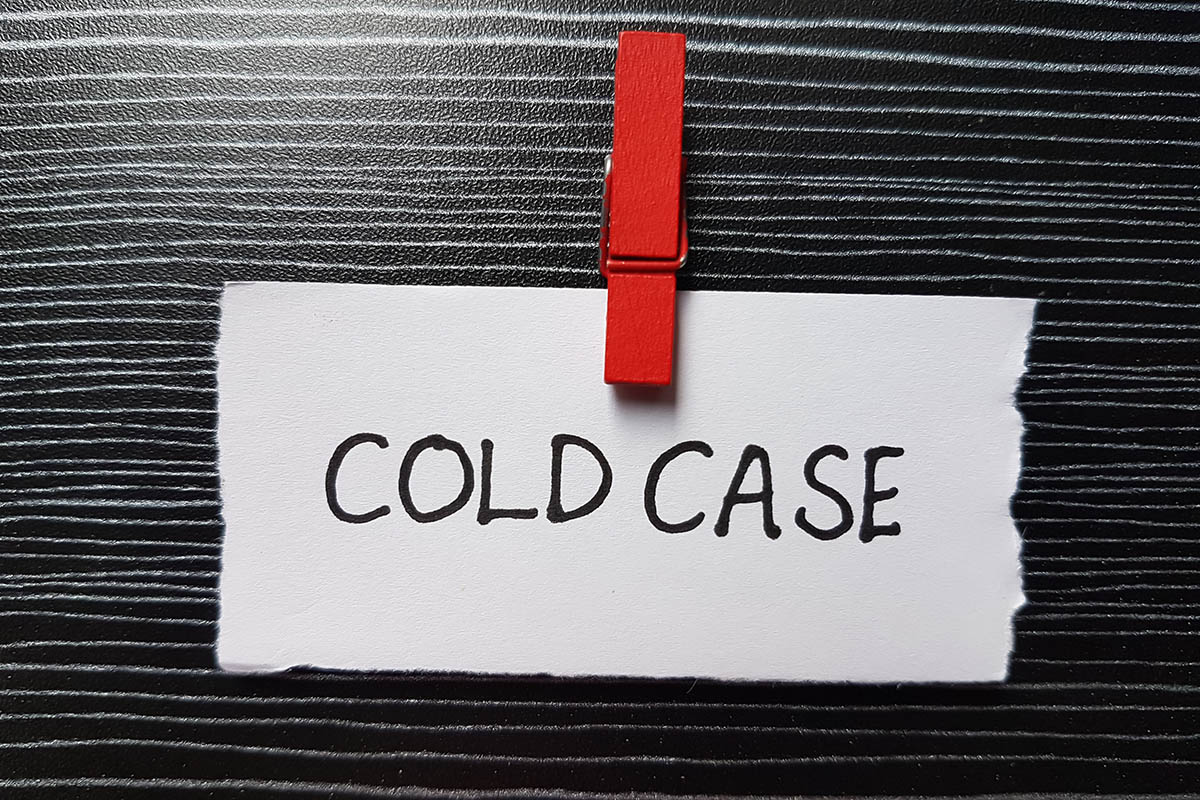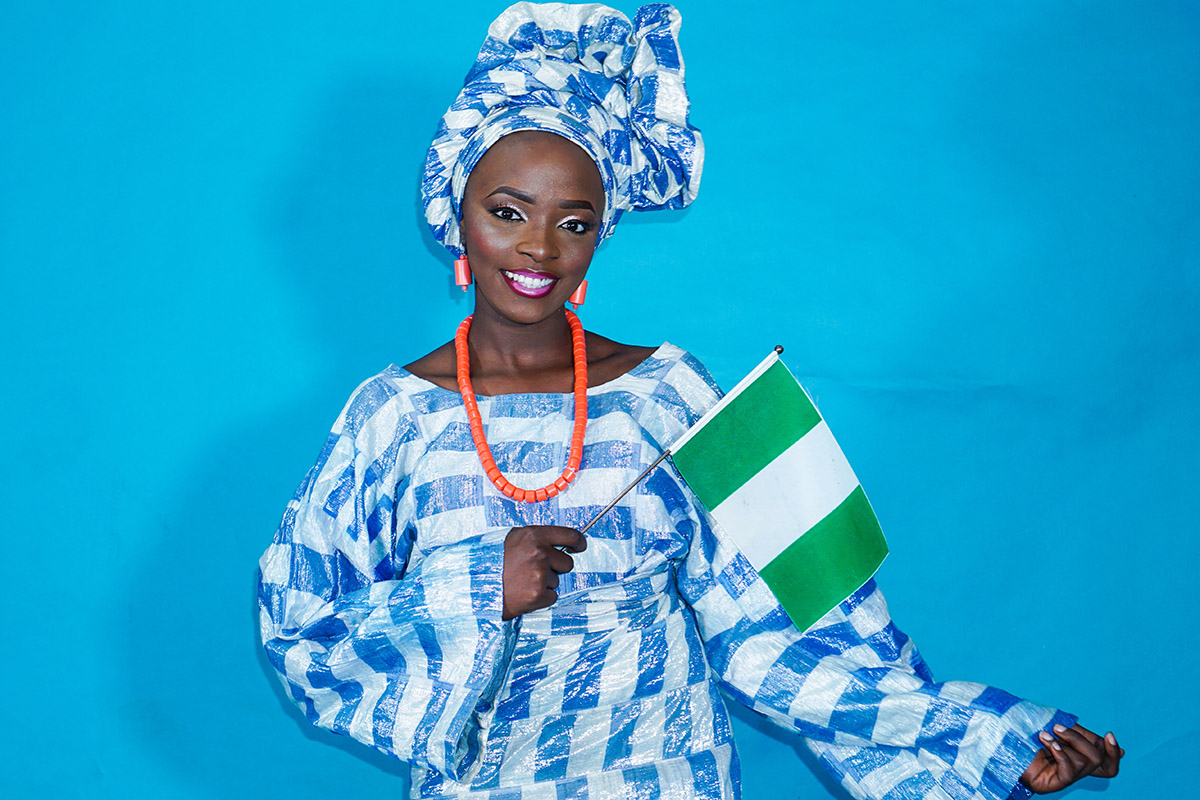“Hurricane highlights land ownership issue”
March 5 Hurricane Irma brought destruction that displaced Caribbean residents, writes Ariana Joseph, 18, a Commonwealth Correspondent from Antigua and Barbuda, but also highlighted an ongoing controversy over land ownership.
Hurricane Irma brought destruction that displaced Caribbean residents, writes Ariana Joseph, 18, a Commonwealth Correspondent from Antigua and Barbuda, but also highlighted an ongoing controversy over land ownership.
Hurricane Irma did not just destroy the homes on some Caribbean islands. It shattered the hopes and dreams of their people and left some residents in a state of paralysis.
It has also brought to the fore age-old conflicts and concerns. Nowhere are some of these issues more manifest than amongst Barbudans of the twin island state of Antigua and Barbuda. At the very core of these issues is whether the Codrington family willed the lands of Barbuda to the natives, and whether under that bequeathed arrangement those lands can be sold.
Nearly six months after the passage of Irma, the majority of the residents were still on the main island of Antigua. They were evacuated there following the devastation of the island, and also as a precaution for what appeared at the time to be an imminent threat from another powerful storm named Jose. Perhaps as consequence of being traumatised by the ferocity and devastation of the storm, most residents appear unwilling to return home to rebuild. For some, starting all over again seems like an Everest too high to climb.
Amidst their calamity, there has arisen a raging political storm threatening to derail the rebuilding process. Prior to the advent of the hurricane, the contentious issue of land rights had come to the fore. Historically, the Barbuda Council pursued a practice of not selling lands, but rather providing lands for Barbudans and others on the basis of leasehold. This practice was strengthened by the Barbuda Land Act of 2007. However, a new administration has contended that the Act deprives Barbudans of their constitutional rights to freehold.
The island of Barbuda constitutes one of the 17 electoral districts in Antigua and Barbuda. It is presently represented in the national parliament by the Hon. Arthur Nibbs of the ruling Antigua Labour Party. The Hon. Nibbs describes what he refers to as practice of tenancy. The member of Parliament has instead argued for the preference of freehold over leasehold with respect to those who meet the description of a Barbudan. He makes the essential point that a tenant or leaseholder proposition does not safeguard the natives’ constitutional rights to property as per the Lancaster agreement enshrined in the constitution of Antigua and Barbuda. That agreement vests all the land in the Crown and therefore creates the opportunity for all Barbudans, if they so desire, to exercise their right to freehold.
Members of the opposition party, the Barbuda People’s Movement, have contended that the ruling government is using Hurricane Irma as a disguise to carry out a land-grab in order to benefit foreign investors. However, it is important to note that the land issue predated hurricane Irma. One only has to consult the local newspapers and online sources to confirm this fact. What the hurricane seems to have done is to provide the government with a novel argument to cement its case of Barbudans’ right to freehold with respect to using the land as collateral in undertaking the rebuilding process.
Thus far, the government has won the battle in parliament and also in the courts, where an attempt was made to derail parliamentary debate and action on the issue. If one were to draw a conclusion from the protest organised against the amendment of the 2007 Barbuda Land Act, it would seem that most Barbudans who are now present on Antigua are not swayed by the argument of a land-grab, for only a handful showed up at the protest outside the parliament during the debate of the Act.
One is tempted to ask whether Irma has deflated the militant spirit of Barbudans or whether they are just eagerly waiting for their opportunity to own a piece of their beloved homeland. In the meantime, the rebuilding process continues, and the political agents have turned to other issues. However, most residents of Barbuda seem more concerned about the culmination of the rebuilding process.
photo credit: REM (rembcc) Phonebooth becomes a makeshift boat via photopin (license)
…………………………………………………………………………………………………………………
About me: My ambition is to become a cardio-thoracic paediatric surgeon. In preparation for this, I have commenced undergraduate studies focusing on a double major in biology and chemistry. Once I have completed my undergraduate studies, it is my intention to obtain a medical degree, pursue research studies in genetics, and eventually establish a medical services centre.
I have a passion for reading, writing, playing the violin, and engaging in community service projects. I am presently enrolled at Saint Mary’s University, Canada.
…………………………………………………………………………………………………………………
Opinions expressed in this article are those of the author and do not necessarily represent the views of the Commonwealth Youth Programme. Articles are published in a spirit of dialogue, respect and understanding. If you disagree, why not submit a response?
To learn more about becoming a Commonwealth Correspondent please visit: http://www.yourcommonwealth.org/submit-articles/
…………………………………………………………………………………………………………………






